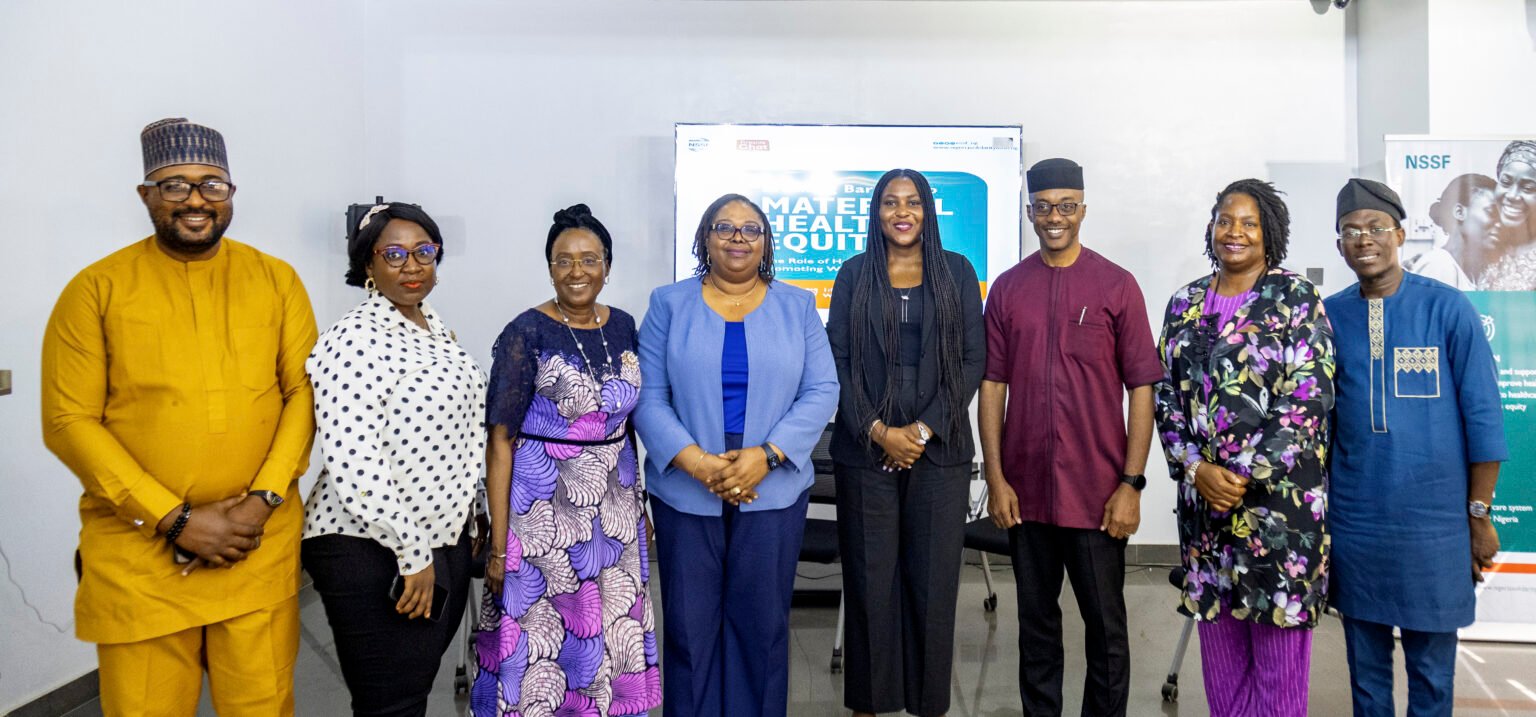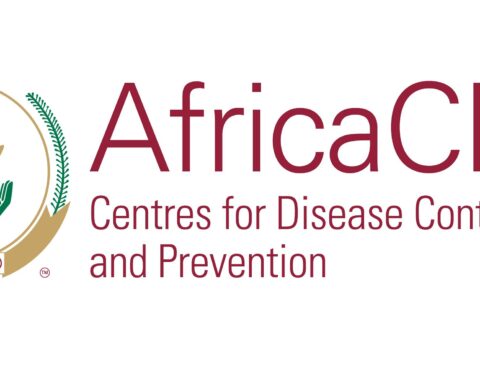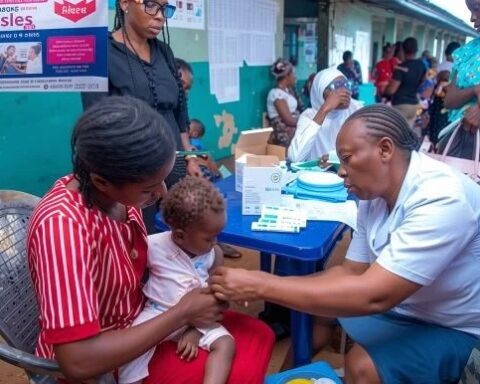The Nigeria Solidarity Support Fund (NSSF) has called for a robust policy reform and financial commitment to revamp maternal health equity through health insurance.
This was contained in a statement signed by Ms Esther Anolu, Head, Marketing and Communications NSSF.
The Managing Director/CEO, NSSF, Dr Fejiro Chinye-Nwoko, reaffirmed commitment to championing maternal health equity in Nigeria during the 7th edition of its Fireside Chat Series in Abuja.
Chinye-Nwoko said that the theme of the chat, “Breaking Barriers to Maternal Health Equity: The Role of Health Insurance in Promoting Women’s Wellness,” was apt considering the staggering statistics of maternal health in the country.
“Nigeria’s maternal mortality rate remains unacceptably high with over 1,000 deaths per 100,000 live births.
“This cannot continue.
“We are here to ask the hard questions: how can we ensure that when a woman needs care, she can access it without money in her pocket and without delay?
“That’s what health insurance is meant to do, and it must be inclusive and accessible.”
During the panel discussions, Dr Mojisola Odeku, Senior Officer at the Bill & Melinda Gates Foundation, underscored the need to leverage donor support to improve access to women’s health services.
Prof. Chima Onoka, representing the Director– General/CEO of the National Health Insurance Authority (NHIA), highlighted the Authority’s work in expanding insurance coverage and digitizing registration processes.
Dr Binyerem Ukaire, Director and Head, Family Health Department, Federal Ministry of Health, discussed national interventions, including free emergency cesarean sections (C-sections) and treatment for Vesico-Vaginal Fistula (VVF) in over 20 states.
Chinye-Nwoko added:
“We know from our work in the field that women are not just uninformed — they’re unregistered, unempowered, and underserved. Awareness is low. Access is difficult.
“But we have the tools, the data, and the partnerships to change that. What we need now is policy implementation and financial commitment that match the urgency of this crisis.”
According to the statement, one of the most urgent conversations that emerged from the event was the question: “Who pays for the health of the poor?”
It said the question sparked robust dialogue around the need for sustainable financing models that ensure maternal care is not a burden for vulnerable women.
The statement said that there was a consensus that without strong financial support systems including government-subsidized health coverage, millions of women will continue to fall through the cracks.
“Another key theme was the importance of prevention as a cost-saving strategy.
“Panelists agreed that scaling up preventive care, such as screenings, mental health support, and access to contraception, would significantly reduce maternal deaths and lower long-term healthcare costs.
“NSSF also shared insights from its grassroots work, including field experiences in Ekiti State and its WeNaija Impact Cohort programme.
“These programmes have revealed the real-world barriers women face, including misinformation, lack of trust, affordability concerns, and difficulties navigating the enrollment process,” the statement said.
It expressed the commitment of the fund to transforming the resolution of the conversation into action.
The NSSF would be developing a set of targeted policy briefs, capturing the key insights shared at the Fireside Chat, and presenting them to relevant stakeholders in government, health institutions, and civil society.
“These briefs will offer actionable recommendations aimed at shaping inclusive, gender-sensitive health insurance policies that prioritize maternal wellness.
“As part of our next steps, we are also adapting some of these learnings into our internal programmes, particularly through the WeNaija Impact Cohort.
“This is where community advocates are integrating innovative solutions such as insurance education, wellness voucher models, and localised engagement strategies to improve maternal health access at the grassroots,” the statement said.
Follow us on all social media platforms @dailyquery for news and analyses around the globe.



























